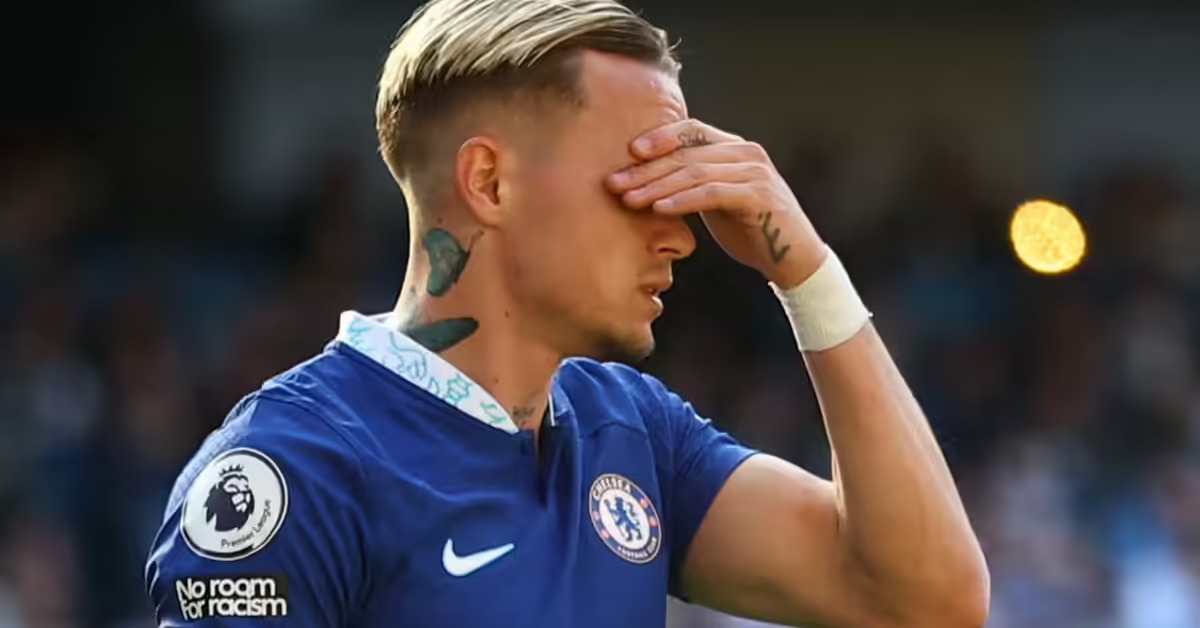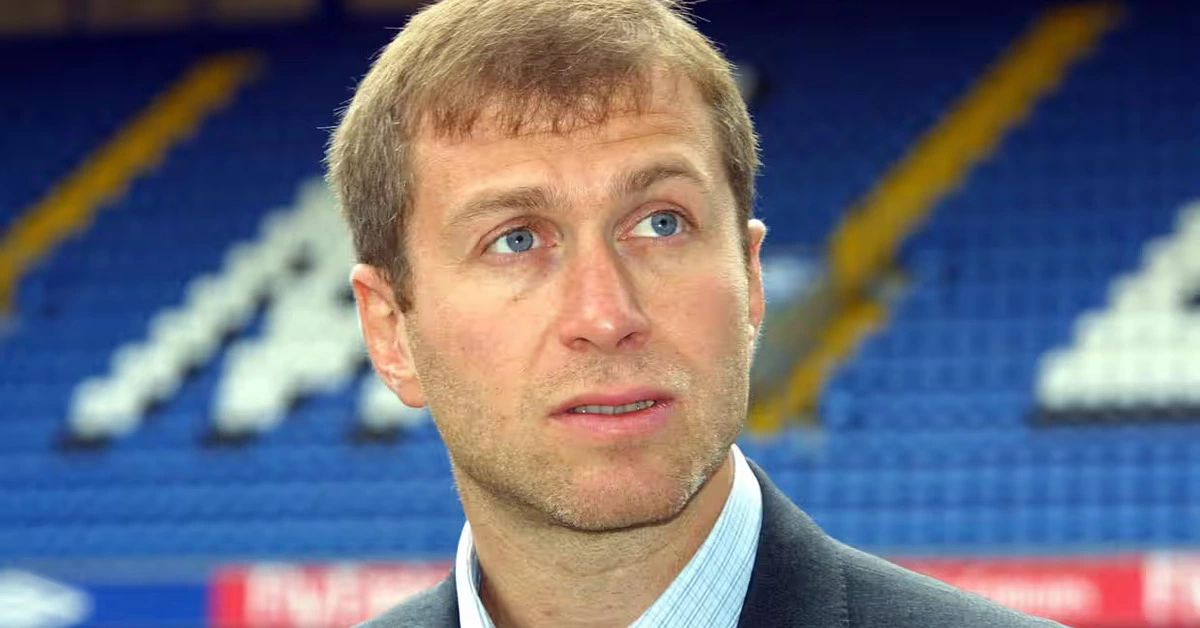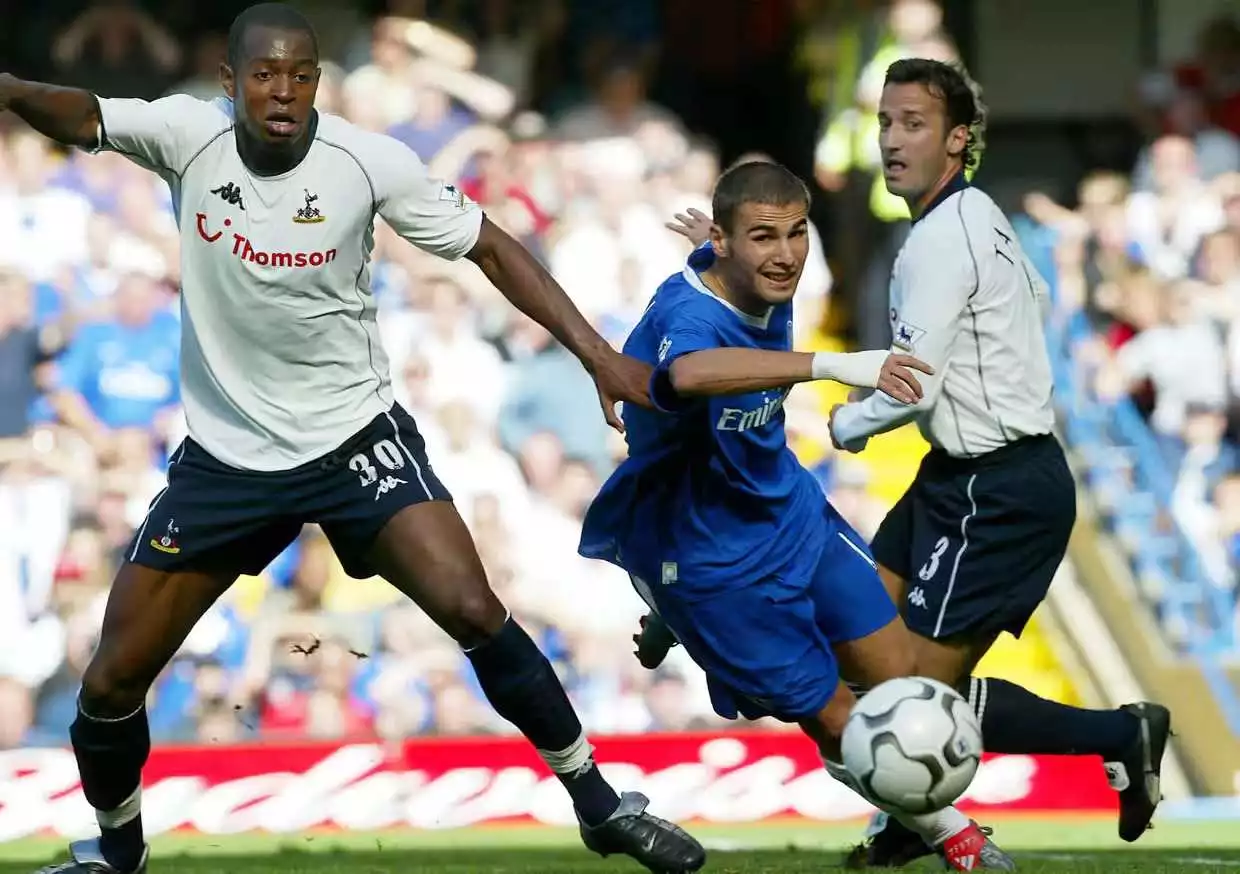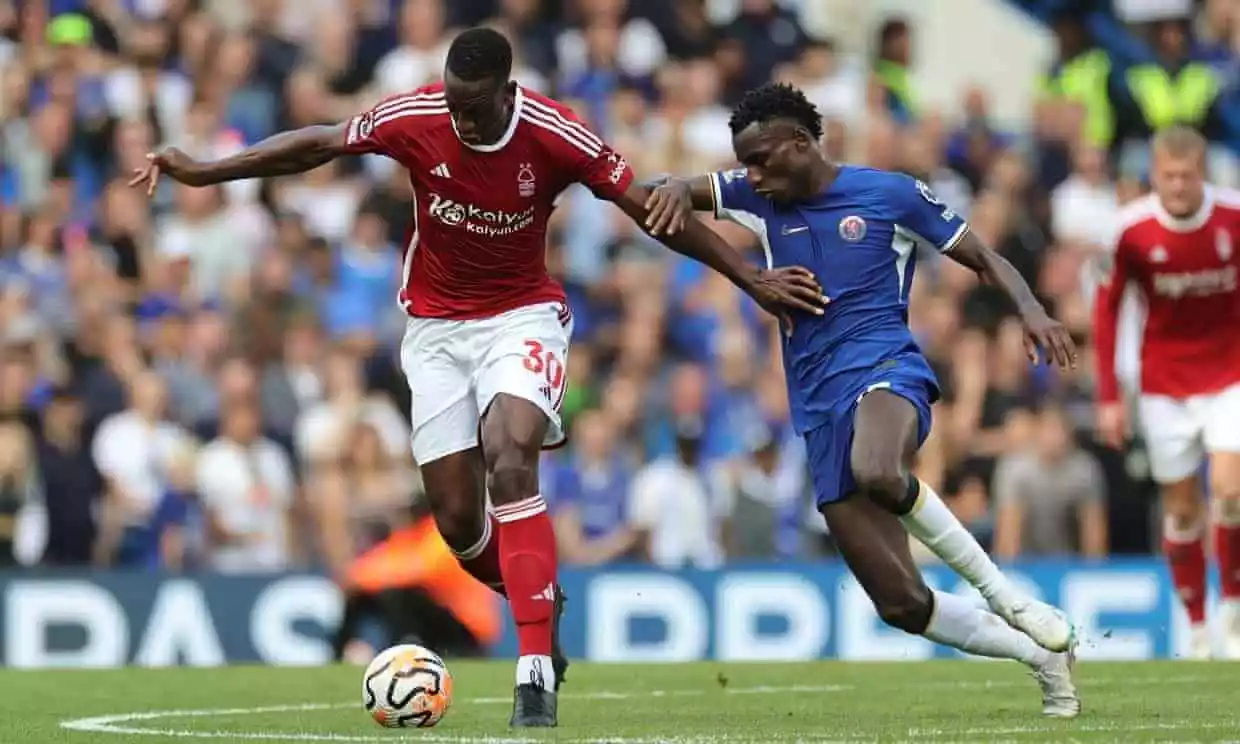Two Decades of Transformation: The Roman Abramovich Era at Chelsea Football Club
It’s indeed a notable anniversary in the history of English football, marking two decades since Roman Abramovich’s acquisition of Chelsea Football Club, which brought about significant changes to the club and the Premier League as a whole. Abramovich’s takeover marked a turning point in football economics, as his immense wealth allowed Chelsea to spend heavily on top-tier talent and become a dominant force in English and European football.

During his ownership, Chelsea won multiple Premier League titles and the UEFA Champions League, transforming the club into a football powerhouse. The acquisition of high-profile managers and players became a trademark of Abramovich’s Chelsea.
However, the article suggests that despite the initial success, Chelsea’s recent performance has shown signs of decline, especially in away games. This reflects the broader challenges that football clubs face in maintaining their competitive edge and adapting to changes in the sport.
Abramovich’s two decades at Chelsea have left an indelible mark on English football, and his ownership has been both celebrated and scrutinized for its impact on the game’s financial landscape and competitive dynamics.
The arrival of Roman Abramovich at Chelsea Football Club on September 13, 2003, indeed marked a significant turning point in the club’s history. His takeover brought immense financial resources and transformed Chelsea into a major force in English and European football.

The initial announcement of the takeover might have seemed like a surprise at the time, but it laid the foundation for the modern Chelsea era. Abramovich’s deep pockets and commitment to the club led to a flurry of big-money signings, managerial changes, and an era of success that Chelsea had never experienced before.
As the article suggests, it’s almost surreal to look back at that moment when Abramovich took control of Chelsea and consider the immense impact it had on the club and English football as a whole. It’s a reminder of how quickly fortunes can change in the world of football with the arrival of a wealthy owner.
The reference to Walt Whitman’s poem “O Captain! My Captain!” adds a touch of literary flair to the significance of Abramovich’s ownership and the excitement it generated among Chelsea fans.
Hindsight often brings clarity, and when we look back, it’s easy to be astonished by the naivety of the sports media coverage during that period. At the time, Roman Abramovich, who was just 36 years old and politically well-connected, had risen to become the major shareholder of what would soon become the world’s third-largest oil company. Yet, remarkably few questions were raised about his background and intentions.
The context is crucial: Vladimir Putin had assumed power in Russia just three years prior. The concept of “Londongrad-on-Thames,” with its oligarchical elite and extravagant lifestyles, had not fully unfolded yet. Here was a charismatic billionaire with a rugged appearance, a luxurious yacht, and a seemingly carefree approach to the transfer market. It’s no wonder that people were drawn to the allure of this unconventional figure. In such an environment, few could have predicted the challenges and controversies that would eventually arise.
Déjà Vu at Chelsea: A Look Back at the Mutu Era
The dawn of a new era at Chelsea was marked by a flurry of high-profile signings, including Glen Johnson, Damien Duff, Juan Sebastián Verón, and Claude Makélélé. This rejuvenated Chelsea side, dubbed “Chelsea 2.0,” embarked on their journey with optimism.
On a sunny September day, they showcased their potential with a thrilling 4-2 victory, featuring two goals from the promising Adrian Mutu. However, history appears to be repeating itself, but this time it feels like a farce. Post-takeover and a massive influx of transfers, Chelsea fans are left wondering: is it a Mutu day or something else entirely?

The situation you’re describing appears to be a reference to Chelsea Football Club and the challenges they have faced in recent years, particularly related to their transfer activity, managerial changes, and performance in the Premier League. Chelsea, historically a top club in English football, has indeed undergone significant changes and investments in its squad.
Over the past decade, Chelsea has had multiple managers, each with their own vision and style of play. The club has also invested heavily in the transfer market, bringing in a multitude of players. However, as you mentioned, these investments have not always translated into on-field success, and the team’s performance in the Premier League has fluctuated.
It’s important to note that the world of professional football can be highly competitive and unpredictable. Success on the pitch depends on various factors, including team cohesion, managerial stability, player form, and strategies. While significant financial investments can boost a club’s chances, they are not a guarantee of immediate success.
The reference to “financial mismanagement” likely stems from the high transfer fees paid for players who may not have performed as expected or increased in value over time. Such situations are not uncommon in the footballing world, and clubs often have to navigate challenges related to player recruitment and squad development.
Chelsea Football Club’s approach to recruitment and squad management has raised concerns about the club’s future and the effectiveness of their strategies. Despite investing a substantial amount of money in acquiring top-tier talent, there is a notable gap in their squad when it comes to signing a traditional central attacker, a position crucial for scoring goals and leading the frontline.
ALSO READ: Thrilling Showdown at the FIA Karting Championships in Germany
This recruitment strategy, or lack thereof, has resulted in a squad that is heavily overloaded with talent but lacks a clear identity or formula for success. The team’s performance and cohesion on the field have been affected, as the absence of a central attacker has created a tactical void. Deploying versatile players like Kai Havertz in that role can be effective but also confusing for both the player and the team as a whole.
For instance, the mention of Nicolas Jackson, a promising young player, highlights the challenges faced by emerging talents trying to adapt to a constantly changing team dynamic. Moments like Jackson’s missed opportunity against Nottingham Forest can be detrimental to a young player’s confidence and development.
Despite the enormous financial investments made in the squad, Chelsea seems to be grappling with finding the right balance and structure on the field. The pressure is mounting on the coaching staff, particularly manager Mauricio Pochettino, to address these issues and guide the team towards a more successful and cohesive future.

The description highlights the complexities and challenges faced by elite-level football clubs like Chelsea in their quest for success, both on and off the pitch. The football landscape can be unpredictable, and clubs must carefully manage their resources and investments to achieve their goals.
Chelsea is facing a series of challenges, including injuries to key players and the management of a squad bursting with young talent. The imminent return of Armando Broja is a positive development, but the club is currently dealing with injuries to eight first-team players, which has disrupted the team’s stability and continuity.
One of the challenges Chelsea faces is integrating multiple young players into the squad simultaneously. This influx of youthful talent can create competition for positions and playing time, making it difficult for the manager to strike the right balance. Additionally, the club’s significant investment in high-priced midfielders raises questions about how to accommodate and optimize these players within the team’s existing structure.
The constant background noise of negotiations and discussions between club executives, player representatives, and potential signings adds to the complexity of managing the squad. Mykhailo Mudryk, for example, has the potential to succeed at Chelsea, but he needs a stable and cohesive team structure, as well as time to adapt and learn. Achieving this balance amid the continuous changes and demands is a formidable task for the manager and the club.
Chelsea’s recent history has been marked by significant financial investments and changes, but the results on the pitch have not always matched the spending. Since Roman Abramovich’s takeover, the club has seen an influx of financial resources, with estimates ranging from six to eight billion pounds. However, despite this massive investment, the team’s performance has not improved in recent years.
When Abramovich first took over, Chelsea was a force in the Champions League, had a strong squad, and maintained a strong connection with its academy and club culture. Now, the team is out of European competition and faces challenges in domestic leagues. While the club’s home ground, Stamford Bridge, remains largely the same, the landscape of English football has evolved.
Despite the current uncertainties and challenges, Chelsea supporters have cherished remarkable memories, including successes in the Champions League and the Premier League. However, the club now finds itself in a period of transformation driven by a unique blend of financial power and experimentation.
As Chelsea marks another anniversary, it remains to be seen how the club’s future will unfold. If history is any indication, the club’s ownership and direction may change once again in pursuit of success.









